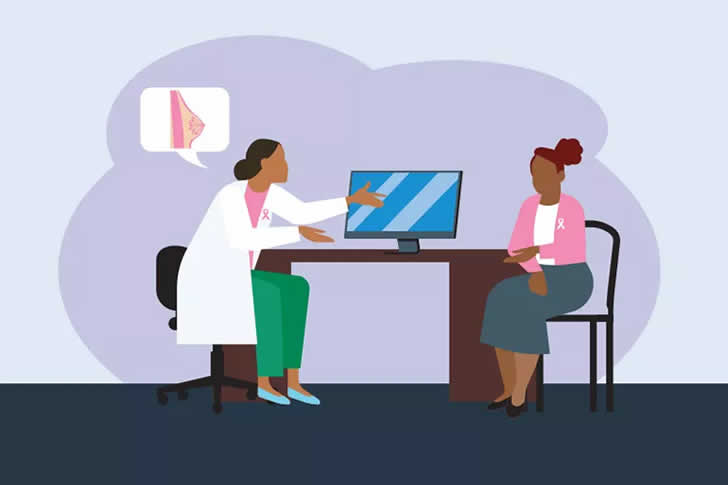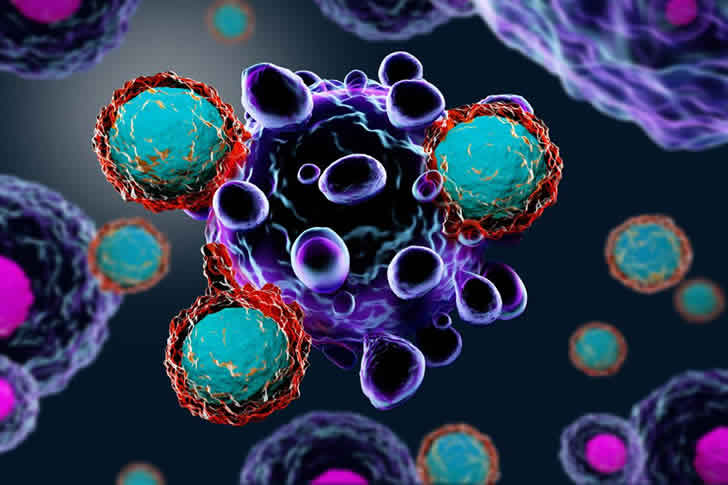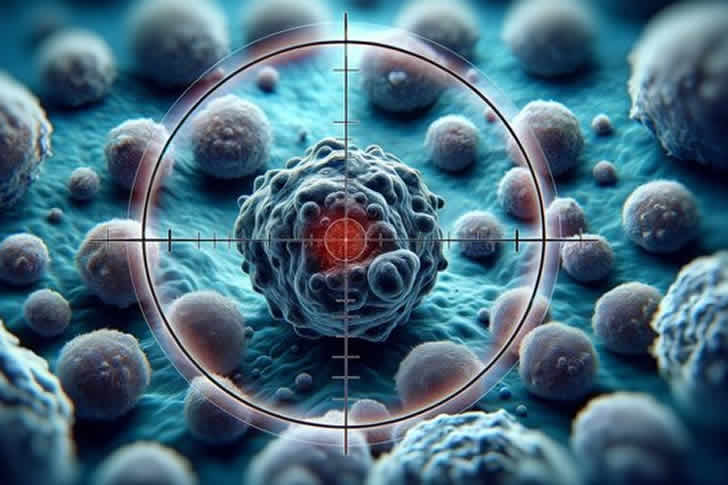Understanding HER2-Positive and HER2-Negative Breast Cancer
Breast cancer can be classified based on the presence or absence of the HER2 protein, which plays a key role in the growth of cancer cells. Here’s why understanding the HER2 status is important:
- HER2-Positive: These cancers have a high level of the HER2 protein, making them more aggressive but more responsive to targeted therapies.
- HER2-Negative: These cancers lack an overexpression of HER2, making them less responsive to HER2-targeted therapies but potentially more responsive to hormone therapy or chemotherapy.
How to Find the Best Treatments for HER2-Positive and HER2-Negative Breast Cancer
To find the most effective treatment options for either HER2-positive or HER2-negative breast cancer, follow these steps:
- Get Tested for HER2 Status: This will help your healthcare team determine whether your cancer is HER2-positive or HER2-negative, guiding the treatment plan.
- Explore Targeted Therapies: If HER2-positive, targeted therapies like trastuzumab (Herceptin) can be highly effective.
- Consult with an Oncologist: An experienced oncologist can provide you with a personalized treatment plan based on your HER2 status, other cancer markers, and overall health.
- Consider Clinical Trials: Ongoing research is improving treatment options for both HER2-positive and HER2-negative breast cancer. Clinical trials may offer new therapies.
- Look into Combination Therapies: Often, a combination of treatments, such as chemotherapy, hormone therapy, and targeted therapy, provides the best outcomes.
Common Questions (Q&A)
Q1: What is the best treatment for HER2-positive breast cancer?
A1: HER2-positive breast cancer responds well to targeted therapies like trastuzumab (Herceptin), pertuzumab, and T-DM1. These therapies specifically target the HER2 protein.
Q2: What treatments are available for HER2-negative breast cancer?
A2: HER2-negative breast cancer may respond better to chemotherapy, hormone therapy (for ER/PR-positive cancers), and immunotherapy, depending on other cancer characteristics.
Q3: Are there side effects from HER2-targeted therapies?
A3: Common side effects include fatigue, nausea, heart problems, and infusion reactions. However, the benefits of treatment often outweigh the side effects for many patients.
Comparison of Treatments for HER2-Positive and HER2-Negative Breast Cancer
is a comparison of common treatments for HER2-positive and HER2-negative breast cancer, highlighting their typical use, effectiveness, and common side effects.
| Treatment Type | HER2 Status | Typical Use | Effectiveness (%) | Common Side Effects | Cost per Cycle (USD) |
|---|---|---|---|---|---|
| Trastuzumab (Herceptin) | HER2-Positive | Targeted therapy | 70-80% | Heart problems, fatigue | 6,000-10,000 |
| Pertuzumab (Perjeta) | HER2-Positive | Targeted therapy | 75% | Diarrhea, fatigue | 6,000-9,000 |
| Chemotherapy (e.g., Taxol) | HER2-Negative | Standard chemotherapy | 50-70% | Hair loss, nausea | 2,000-5,000 |
| Hormone Therapy (Tamoxifen) | HER2-Negative | Hormone receptor-positive | 60-80% | Hot flashes, blood clots | 100-200 (monthly) |
| T-DM1 (Kadcyla) | HER2-Positive | Advanced cancer | 60-70% | Liver problems, fatigue | 9,000-12,000 |
| Chemotherapy (Carboplatin) | HER2-Negative | Standard chemotherapy | 50-70% | Low blood counts, fatigue | 3,000-5,000 |
| Immunotherapy (Keytruda) | HER2-Negative | For triple-negative | 40-60% | Fatigue, skin reactions | 10,000-13,000 |
| Radiation Therapy | Both | Post-surgery treatment | 60-80% | Skin irritation, fatigue | 2,000-4,000 per session |
| Lapatinib (Tykerb) | HER2-Positive | Advanced cancer | 60-65% | Diarrhea, rash | 5,000-8,000 |
| Immunotherapy (Tecentriq) | HER2-Negative | Triple-negative breast cancer | 35-50% | Fatigue, liver issues | 10,000-12,000 |
Recommended Resources for Treatment Information
For more information on finding treatments for HER2-positive and HER2-negative breast cancer, visit the following websites:
These resources offer comprehensive information on breast cancer treatments, including the latest advancements, clinical trials, and personalized treatment plans for HER2-positive and HER2-negative breast cancer.












Recent Comments